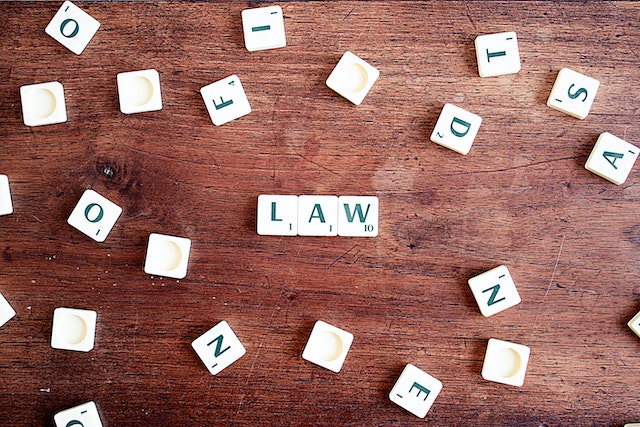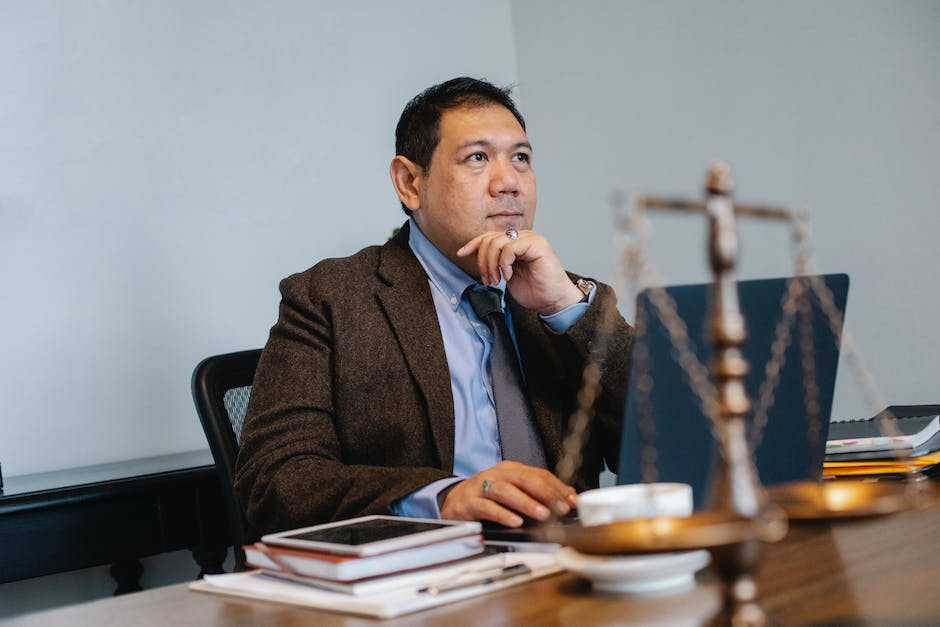Legal Aid is an essential resource designed to assist individuals of low and middle income in navigating complex legal issues, including those associated with divorce. This service is particularly beneficial in civil cases that revolve around a person's basic needs, such as housing, government benefits, employment, education, and, importantly, family law matters, including divorce.
Navigate your way through the complexities of divorce with the assistance of Legal Aid. Learn about eligibility, services provided, how to appeal a denied application and more in this comprehensive guide. No matter your financial situation, understand how Legal Aid can help safeguard your rights during a divorce.
Does Legal Aid Help With Divorce? Eligibility For Legal Aid
Yes, legal aid helps with divorce. However, to qualify for Legal Aid services in the U.S., an individual must have a household income below 125% of the Federal Poverty Level. For instance, a household of three people with a total income below $27,450 per annum would be eligible for such services. With each additional family member, the total amount of annual income required increases by $5,675.
Approval Timeline For Legal Aid
The time it takes for Legal Aid requests to be approved can range from five business days to four business weeks, depending largely on the complexity of the case and the availability of resources. In particularly urgent cases, individuals may work with a solicitor to file an emergency written application.
Legal Aid For Divorce: A Lifeline During Challenging Times
Divorce is an emotionally draining process that can lead to significant legal and financial complications. Having capable legal representation is critical to safeguarding one's rights and well-being during this difficult period. To answer the question, “does legal aid help with divorce?” Yes, legal Aid can provide invaluable assistance in cases of divorce, particularly when domestic violence is involved.
Protective Orders
Legal Aid can assist in securing protective orders, which are similar to restraining orders. These orders can be issued if the victim has a close relationship with the abuser, such as a marital relationship, or if they have lived together or have had a sexual relationship for at least 90 days within the current or the past year. Protective orders can also be filed if the victim is blood-related or is connected with the abuser through an adoption.
Child Custody And Support
Child custody and support are two key aspects that are often contested during divorce proceedings. Legal Aid can help secure a child custody order, which determines which party is more fit to have custody of the child. Moreover, it can aid in obtaining court-ordered payments to support minor children of a divorced parent, covering everything from application to apprehension of the parent who has failed to provide the legally mandated amount.
Adoption And Guardianship
In some divorce cases, both parties might be deemed ineligible to parent a child. In such scenarios, Legal Aid can assist in requesting adoption or guardianship from the next of kin or a close friend.
Additional Legal Aid Services
Legal Aid goes beyond case representation and also offers free legal advice through toll-free telephone services and online platforms. Self-help education services are also provided to empower individuals in understanding and handling their legal matters. Furthermore, those suffering from domestic violence are urged to contact the National Domestic Violence Hotline at 1-800-799-SAFE(7233) immediately.
Appealing a Denied Legal Aid Application
If your request for Legal Aid has been refused, you have the option to challenge this decision. You have 22 business days starting from the date on the notice of refusal to file for a review. The limit can be extended to up to 52 days if you're in a hospital or jail. In your request for a review of your Legal Aid application, you must include your name, client number, current contact details, and the reasons for your request.
Finding Legal Aid Services
Various Legal Aid services are available nationwide, and they can be found both online and offline. You can start by visiting the website of the Legal Services Corporation (LSC), a federally funded corporation that provides free legal services across the U.S. Many local communities also have legal aid clinics where you can consult with lawyers and paralegals in person. Additionally, universities often run legal clinics where law students provide free legal advice under the supervision of licensed attorneys.
Importance of Legal Aid
Legal Aid plays a critical role in ensuring justice for all, regardless of income. It enables individuals to fully participate in the justice system, defending their rights in critical situations and helping them avoid the financial exhaustion that can come with legal battles. Most importantly, it contributes to a fairer and more equitable society where everyone has access to the legal support they need to fight their battles.
Frequently Asked Questions
To provide a better understanding of the answer to the question, “does legal aid help with divorce?”, we have answered some of the questions people most commonly ask.
What types of cases does Legal Aid cover?
Legal Aid covers a wide range of civil cases, including those related to housing, government benefits, employment, education, and family law matters such as divorce. It does not typically cover criminal cases, as public defenders are provided for those who cannot afford an attorney in criminal proceedings.
Can I apply for Legal Aid if I'm unemployed?
Yes, unemployed individuals can apply for Legal Aid. The eligibility is primarily determined by household income, so if your income falls below 125% of the Federal Poverty Level, you may qualify for Legal Aid services.
What can I do if my Legal Aid application is denied?
If your application is denied, you can file for a review of your Legal Aid application within 22 business days starting from the date on the notice of refusal. The limit can be extended up to 52 days if you're in a hospital or jail.
Getting Legal Aid Help With Divorce
Does legal aid help with divorce? Yes, legal Aid is a potent tool for individuals facing divorce, particularly those with limited financial resources. By understanding the services available and how to access them, individuals can navigate the complexities of divorce proceedings more effectively and safeguard their rights and interests.
Learn more about the legal aid options available to you by visiting Gov Relations and exploring our resources.







